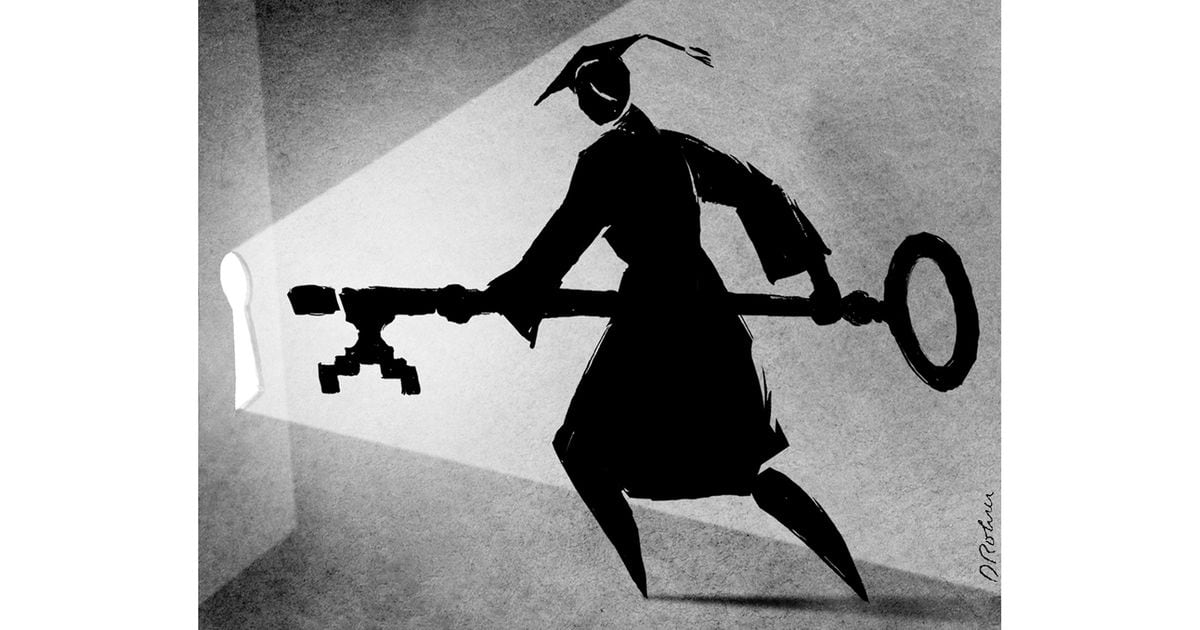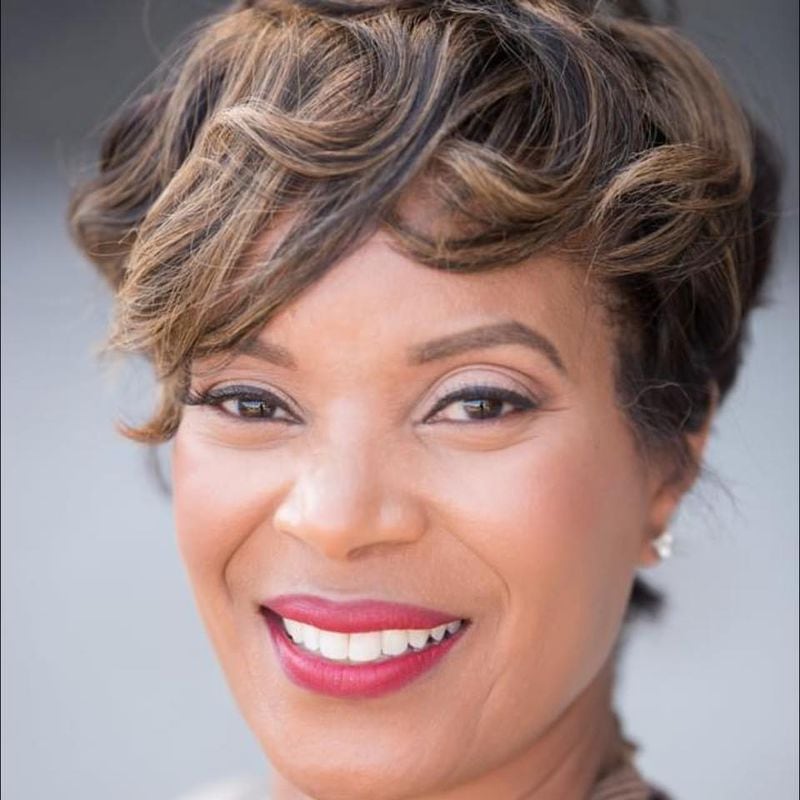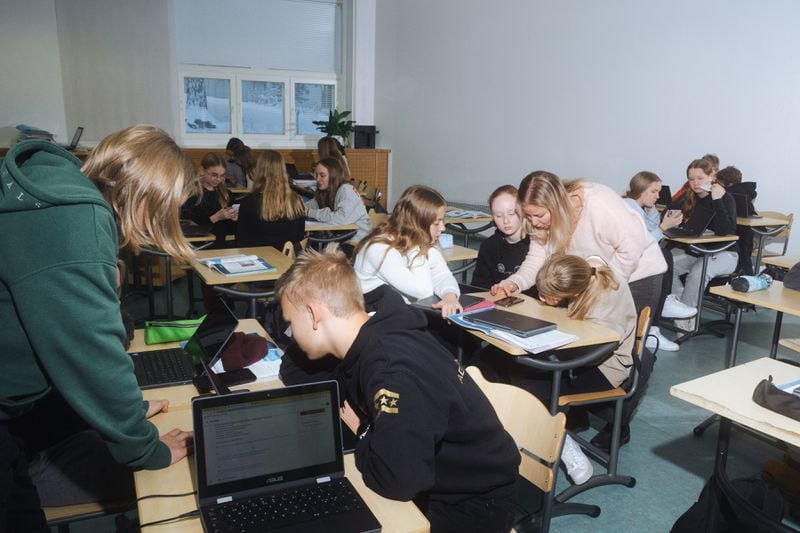Finland’s commitment to excellence is evident in its approach to teacher training. Teachers have undergone extensive training and have the skills and knowledge to provide high quality education. By focusing on teacher development, educators are prepared to develop and guide students to reach their full potential. According to a 2018 report by the Organization for Economic Co-operation and Development (OECD)’s International Survey on Teaching and Learning, 88% of Finnish teachers are satisfied with their careers.
Another notable aspect of the Finnish education system is its commitment to equity. Student financial aid is guaranteed to those who are immigrants, low-income, unemployed, or from families with low education.
Finland has demonstrated that all children have the right to equal access to quality education, regardless of their background or location. In Finland, the belief that “every school is a good school” has significantly reduced educational inequality and created a level playing field for all children. By studying their approach to equity, we can work toward closing educational disparities and building a more inclusive education system in Georgia.
An innovative educational philosophy that we encountered in Finland is the concept of “no dead ends.” This philosophy emphasizes the importance of allowing students the freedom to explore diverse learning paths without predetermined restrictions. By encouraging individuality and personalized learning experiences, Finland helps students follow their passions and develop their unique strengths. The “no dead ends” philosophy extends beyond traditional academic pathways to technical and university-level education.
Finland emphasizes technical and vocational education, which provides students with diverse opportunities for personal growth. This approach recognizes the importance of having skilled personnel in a variety of fields, including the arts, sciences, and technology. We provide young people with both the academic knowledge and practical skills they need to succeed in a changing world.
Many have suggested that Finland’s remarkable success in its education system is due to its lack of national diversity. However, this ignores the fact that Finland faces its own set of challenges. For example, the city of Helsinki has a population of approximately 632,000 people and more than 130 languages are spoken. The presence of different languages poses challenges in providing a flexible and inclusive educational approach that ensures access to quality education for all students. Finland’s commitment to equity in the face of diverse linguistic needs demonstrates the country’s commitment to equity and building a successful education system.
Everything we should be doing educationally in Georgia and the United States is being done in Finland. This recognition highlights not only the potential for change but also the urgency with which we must pursue it.
Drawing inspiration from the Finnish education system, we can aim to create a Georgia where educational disparities are eliminated and all students have equal access to quality education. To achieve this goal, we need to advocate for policies and practices that close the access and outcomes gap. By prioritizing excellence and equity in education, we enable students to reach their full potential and make positive contributions to society. These philosophies are not only investments in students and individuals, but also in society as a whole. A well-educated society leads to economic growth and reduces social inequality.
Let’s learn from Finland’s success and work to build a brighter future for Georgia’s students.
State Sen. Sonya Halpern serves as vice chair of the Senate Democratic Caucus. She represents Senate District 39, which includes the Fulton County districts of Atlanta, College Park, South Fulton, East Point, and Union City.
Credit: Photo provided by candidate
Credit: Photo provided by candidate


